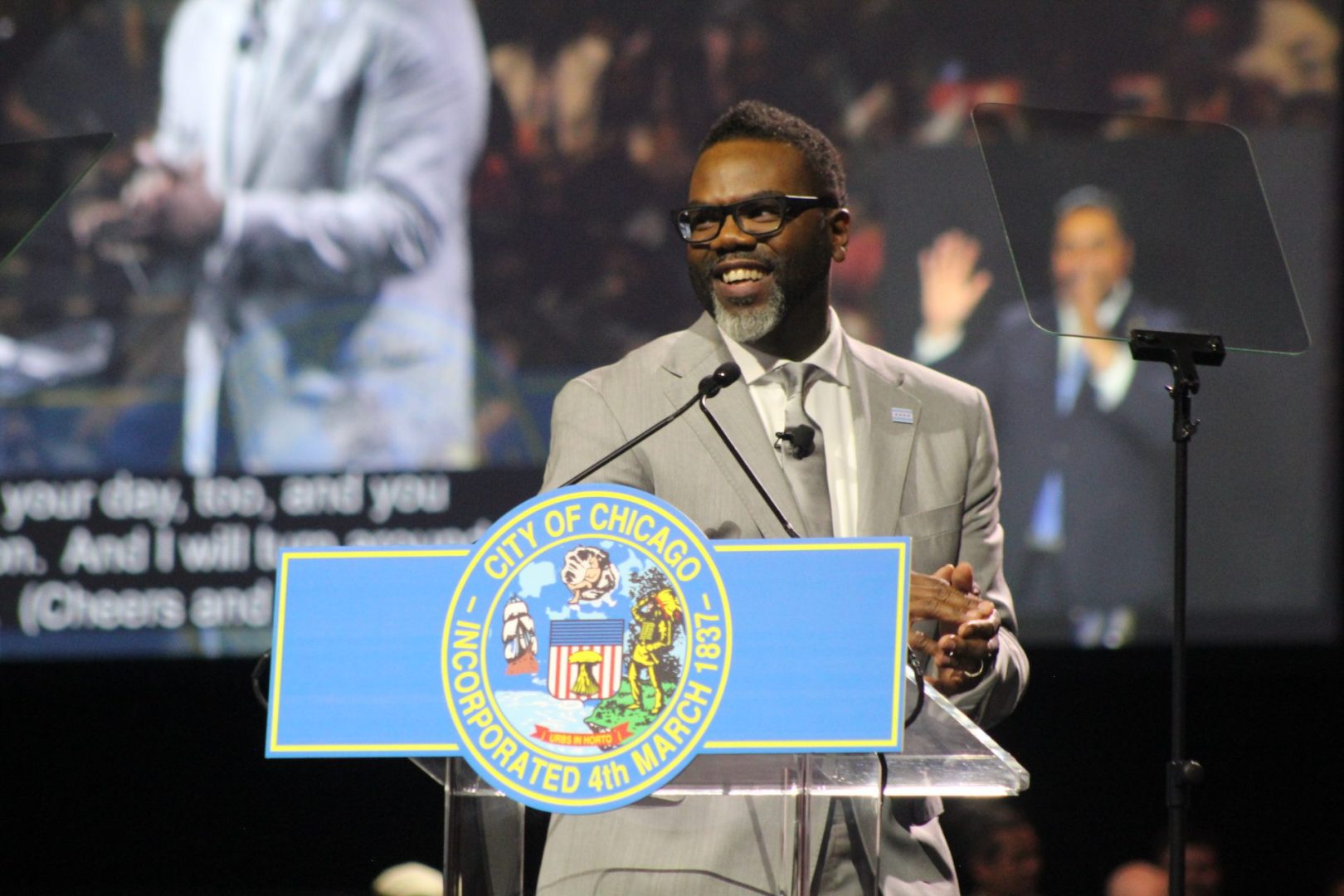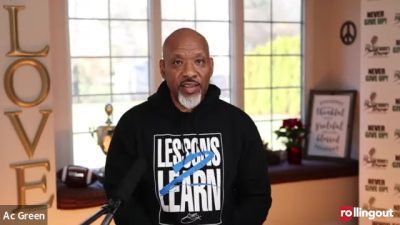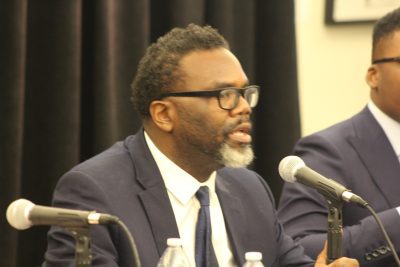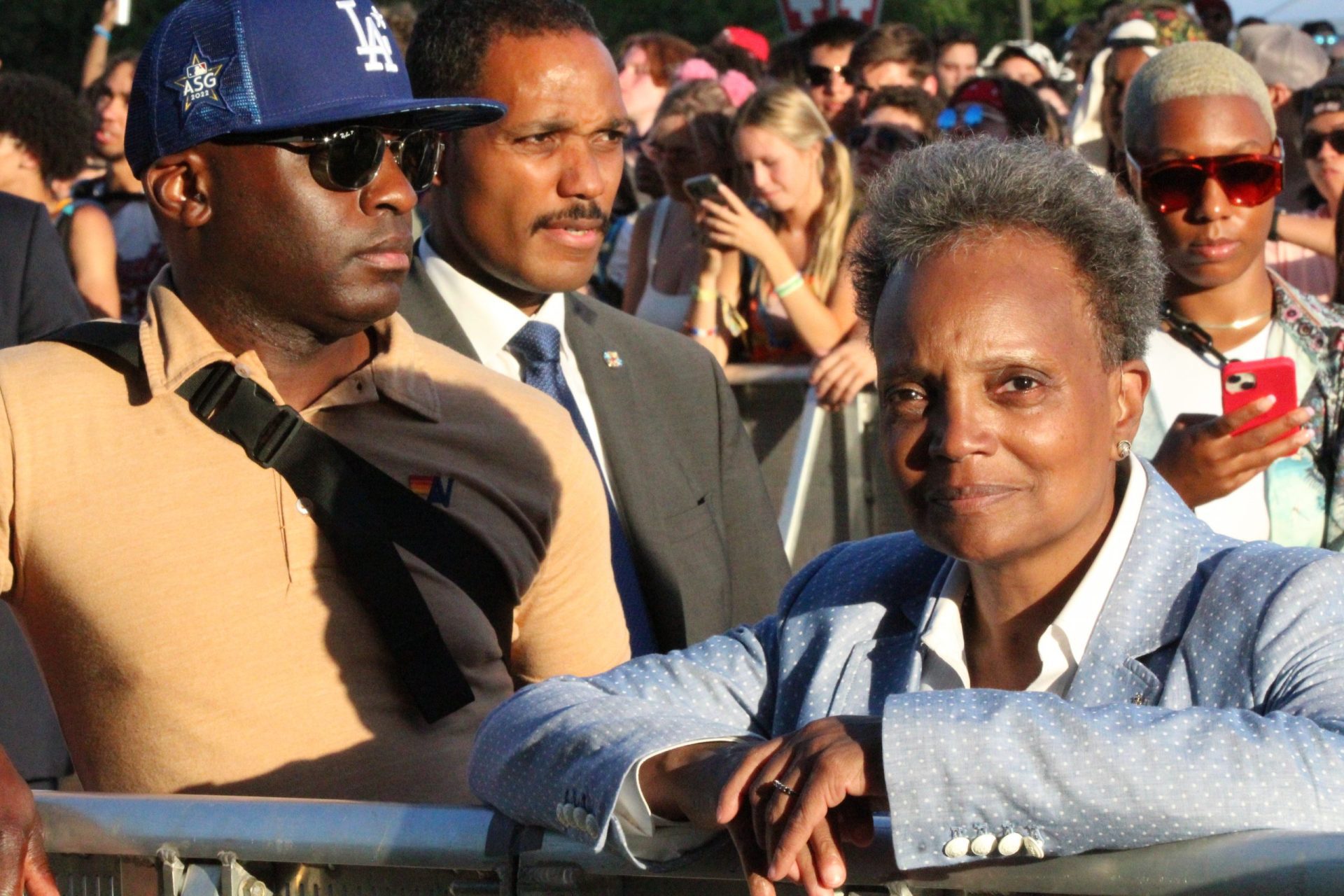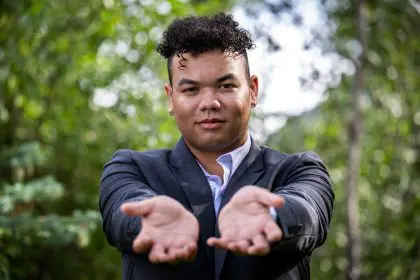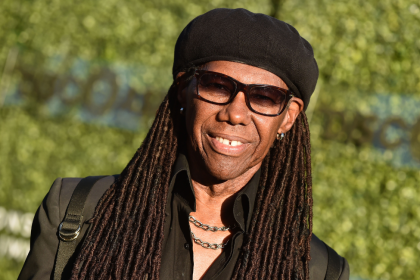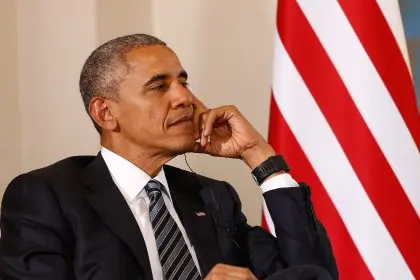
State of Illinois Representative Christian Mitchell has a track record of advocating for change for the constituents he represents on the South Side of Chicago. His energy is youthful, determined and experienced. We spoke with him about education, school closings, school funding and the Laquan McDonald case.
Tell us who you are.
I’m state Representative Christian Mitchell of the 26th District. My district goes from Streeterville to South Chicago along the lakefront. I’ve been State Rep since 2013 and I’ve lived in Bronzeville for six years now. I live in Hyde Park. A University of Chicago graduate and I grew up in Maywood. That’s a brief summary of who I am.
What exactly are the duties of a state rep?
It’s actually like a miniature version of being in Congress. Alderman deal with stop lights, street signs schools and those sorts of things. We deal with how the schools get funded and gun regulations and how we protect our environment inside the borders of the state of Illinois. I love the job because it lets me deal with some of the root causes of the some of the problems that we face. For example I’m an only child of a single mom. My mom has been a nurse for over 30 years and worked the night shift for my entire childhood to make sure I get a good education. There are a lot of working moms right now who are very similar to my mom and need a good public school they can send their child to down the street. They need a functioning child care system, so that they can get a better job and their child can have a better life. I get to work on those sorts of issues. How do I set the framework so that a city like Chicago does better? So that individual neighborhoods like Bronzeveille, Streeterville, Chatham and South Chicago do better? That is my job.
What is your position on Mayor Rahm Emanuel’s school closings a few years back?
The thing about school closings is I think the bigger issue is about funding. We want to make sure we have the best quality that we can possibly have. We lost 180,000 African Americans in the last Census between 2000 and 2010. We also have lost significant funding from the state. So the state of Illinois is funding Chicago public schools right now with the same amount of money it had in 2008 when you adjust for inflation. We have more kids who are in concentrated poverty. We have more kids who need a school lunch. We have more kids that need after school programming, We have more kids who have special needs and are bilingual and yet the amount of money we are getting is effectively the same. The state is not doing it constitutional obligation, it’s not doing its job. We rely on property taxes, so effectively if you are born in a rich neighborhood you get a bunch of money for your schools based on your property value. You do well because you got a good education you come back and live in that same neighborhood and the cycle continues. In our neighborhoods in cities like Chicago, East St Louis and some of the small rural white areas we dont have the tax base to support them. They are underfunded.
How do you get to the root of the problem?
I have a bill called Fund Education First. Effectively it does three things. First it says 55% of all new state money goes towards education. This bill put the money where there mouth is. States like Massachusetts do this really well. They provide more than 50% of their education funding from the state. The constitution of Illinois says we should be providing the majority of funding which I interpret as 51%. This bill will force us to do that in a way that it hasn’t been in state history. The second thing it does is a continuing appropriation so that education cannot be cut. The governor right now is saying he will help Chicago public schools but only until you let him bust unions break down workers compensation, so he can be like Scott Walker in Wisconsin. This bill would take that off the table and say you can’t use our kids as hostages in this crisis. What we do right now is we take about 800 million every single year and the majority of it goes toward paying for pension deals that really rich suburbs cut to keep their teachers. At the end of your career the last 4 years are used to calculate how your pension is going to be for the next couple years going forward in a lot of cases. They spike that number and say “Hey your gonna get 150K, 160K” I’m making these numbers up. Then they send that bill to the state. Now in Chicago we are the only tax payers that pay twice. We pay for our pensions we pay for everybody else’s pension as well. The third thing is we are saying we are going to take that 800 million reinvest that in public education. What that means is that one in every four dollars comes to Chicago publics schools and goes to state education money which means 200 million for CPS next year. 500 million is the deficit we are 40% there just from that last years cash flow, it’s a billion dollars in long term funding. Couple that with changing the education funding formula so that you can prioritize kids in concentrated poverty, kids who are bilingual learners, kids who are special needs learners, you combine those two things now your at 350 million dollars for CPS next year. You are more than half way home. Thats the kind of long term solution we need to look at. Lets solve the problem permanently. This solution is revenue neutral.
Click continue to read more



